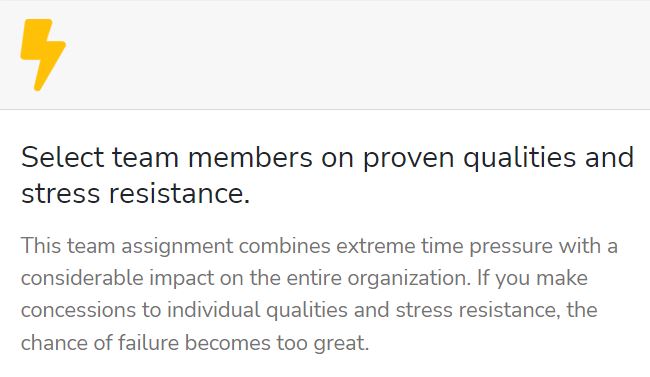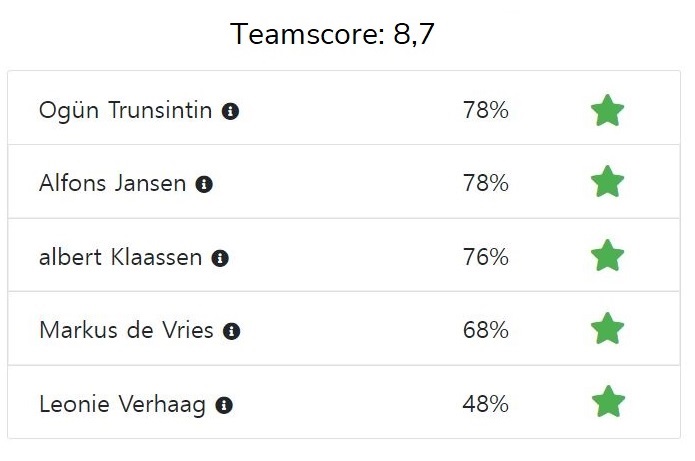We have many challenges ahead of us, ranging from climate change to controlling pandemics to developing complex technologies and competing with our business.
To solve numerous problems, teams must rely on Collective Intelligence. In other words, the combined problem-solving ability of a team must go above and beyond the average problem-solving ability of team members.
Scientists have shown Collective Intelligence is the best predictor of a team’s problem-solving ability. Furthermore, team members in collectively intelligent teams reinforce each other’s problem-solving abilities, achieving higher team performance. It’s all about the team’s chemistry!
Two factors generally determine Collective Intelligence: the nature of the task and the combination of team members. To achieve Collective Intelligence, the team needs specific combinations of psychological traits. These combinations depend on the context and objectives of the assignment.
Teams always work on particular assignments to achieve the right deliverables. This requires more than team members with the right individual skills. Team members must also complement and reinforce each other to be maximally effective. Team members in collectively intelligent teams enhance each other’s problem-solving abilities, leading to higher team performance. Great results require team chemistry. In psychology, we call team chemistry Collective Intelligence.

Both the nature of the assignment and the combination of team members determine Collective Intelligence. Therefore, Team-composer maps both. For the assignment, we identify characteristics such as time pressure, complexity, and nature of the tasks. In total, Team-composer works with ten different characteristics of an assignment.
Based on these characteristics, Team-composer provides a risk profile of the assignment. The more risky an assignment is, the less likely that collective intelligence will show up in the team.
For team members, Team-composer identifies several individual psychological constructs important for working in a team. We have developed a specific assessment for this purpose. We map characteristics like social intelligence, thinking style, self-determination, and resilience.
Psychologically intelligent modules compare the characteristics of the assignment with the psychological aspects of members and combinations of members with other members.

As you know, every human being has unique qualities. Collective Intelligence is not about competencies or qualifications for a specific team role. In Collectively Intelligent teams, individual uniqueness can make other team members perform more successfully. Team members less substantively qualified for the task can contribute significantly to Collective Intelligent teams. Collective Intelligent groups include everyone and value every member.

© 2023 All rights reserved